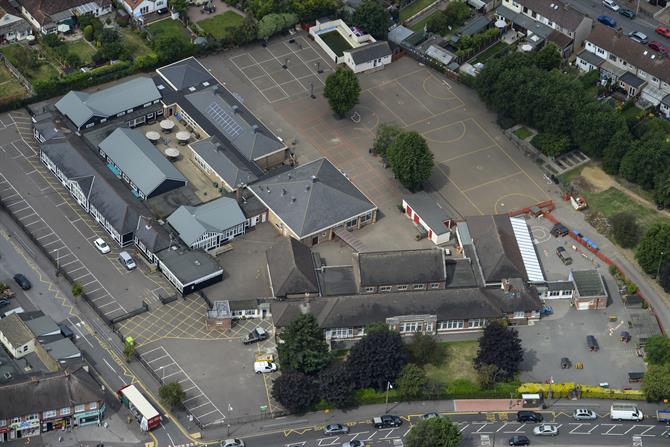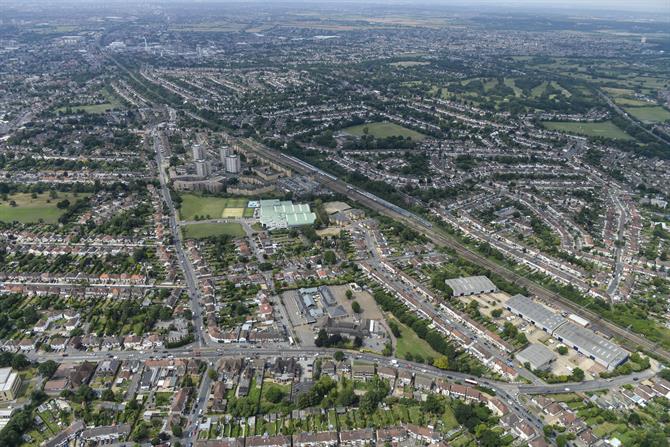History
Ardleigh Green Infant School was opened on March 1st 1933
The first headteacher was Mr Henry Barnes, followed by
Mrs A Mann in 1949, Mrs Jordan in 1964, Mrs A Mortimor in 1979, Mrs E Nunn in 1983, Mrs J Walker in 1984, Mrs C Woodey in 1992 and Mrs V Morris in 2012.
In September 2019, the Infant and Junior Schools federated under the leadership of John Morris OBE until his retirement in 2023.
In December 2022, Ardleigh Green Infant and Junior schools joined the Empower Learning Academy Trust.
Ethos
The original school motto, “Strive to Succeed,” lives on and is achieved today through our staff children, parents and governors “Working Together, Learning Together and Growing Together.” We consider ourselves to be a forward thinking school, committed to meeting the academic, physical and emotional needs of every child. The school is well equipped to meet the technological demands of life in the 21st Century and our creative curriculum, with a focus on developing resourceful, resilient, reflective and responsible learners, ensures that all children leave our school well equipped to commence their junior school education.
A Strong Foundation
We are delighted that many of our children continue to go on to university after their secondary school education and are equally thrilled that many have secured jobs locally, in the City and as far afield as Australia, Canada and Japan. 2013 saw our first past pupil graduate from Cambridge University. We are proud that Ardleigh Green schools have laid the foundations for our children to achieve national sporting and artistic success, as well securing jobs as teachers, sports coaches, physiotherapists, journalists, television producers, dentists, carpenters, builders and decorators to name but a few. We are justifiably proud of our academic success but equally proud that we have contributed to developing polite, respectful and caring young people.
Our Vision
The vision for Ardleigh Green schools is simply:
Everyone Grows
The poem, The Guiding Hand (written by Eileen Morris) encapsulates the importance we place on establishing caring, positive and nurturing relationships with our children.
The Guiding Hand
Whose hand is this that takes my own and clasps it from the hand I’ve known?
Will this voice that sounds so grand, speak gently or with harsh command?
Will I survive these giant places, these strange and unfamiliar faces?
What is it they will expect of me? Perhaps that one and two is three.
Will I cope with what is planned? Perhaps I’ll find that guiding hand.
The hand that moulds and helps me see, the person I was meant to be.
Will I when learning days are through say, “Teacher I remember you.”
By Eileen Morris
Aged 97



